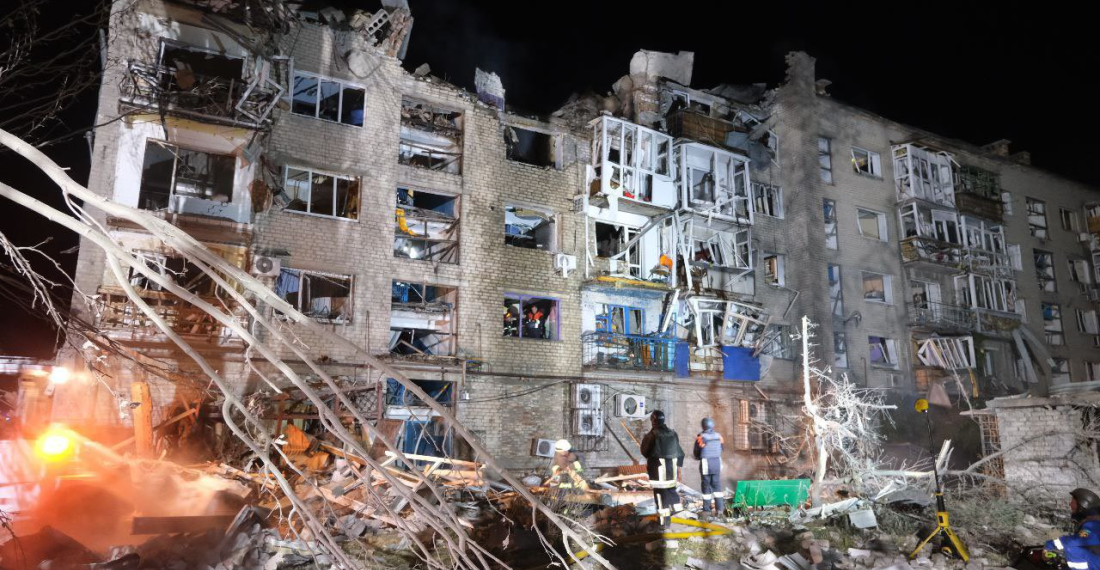At least seven people have been killed and 67 injured in a Russian missile strike on the centre of Pokrovsk, in Ukraine's eastern Donetsk Oblast, on Monday (7 August).
Ukraine's Interior Ministry has announced that the wounded include two children, 29 police officers, and seven emergency workers.
The central part of Pokrovsk, a city which had a pre-February 2022 population of approximately 60,000, was hit at least twice in less than an hour, damaging apartment buildings, private residences, a hotel, restaurants, shops, and administrative buildings. This was reported by the Donetsk Oblast Governor, Pavlo Kyrylenko.
Ukrainian Interior Minister, Ihor Klymenko, said that rescue operations resumed at 7am local time on Tuesday (8 August) after being paused overnight due to the high threat of further Russian strikes.






